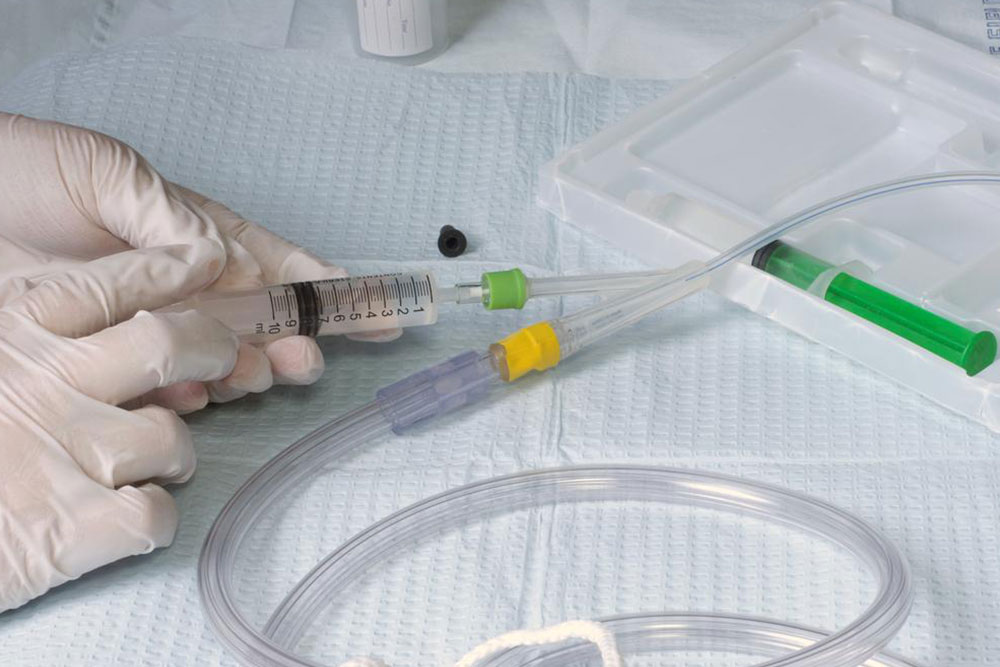Essential Guide to Choosing the Right Urology Specialist
Learn how to select a qualified urologist with essential tips on certifications, specialties, procedures, and hospital standards. This comprehensive guide helps patients make informed decisions for urinary and reproductive health care, ensuring optimal treatment outcomes.

Essential Guide to Choosing the Right Urology Specialist
A urologist specializes in diagnosing and treating conditions related to the urinary tract and male reproductive organs, including the bladder, kidneys, ureters, and urethra. They also manage issues involving the adrenal glands. Selecting a qualified urologist is crucial for proper treatment and management of these health concerns. Factors like the doctor’s certification, experience, patient reviews, and hospital facilities play vital roles. Carefully researching these aspects helps ensure you find a competent and trustworthy urology professional.
Verify certifications and licenses
Becoming a licensed and certified urologist generally takes around 15 years, including extensive education and training. Board certification from organizations like the American Board of Urology confirms a high level of expertise.
Educational background includes:
Bachelor’s degree
Four-year medical degree (D.O or M.D)
Residency training lasting 4-5 years, including general surgery
Licensing and board certification through recognized medical authorities
Optional fellowship training in specific urology subspecialties
Board certification demonstrates completion of rigorous standards and competence in urinary tract and reproductive health treatments.
Understanding the type of urologist needed
Different urologists have specialized roles. For common issues, a general urologist suffices. More specific cases may require specialists such as:
Female urologists focused on women’s urinary and reproductive health
Male urologists addressing male infertility and urinary concerns
Neuro-urologists dealing with nerve-related urinary problems
Pediatric urologists treating children’s urinary conditions
Urologic oncologists specializing in urinary tract cancers
Procedures and surgeries by urologists
Urologists perform various surgical and minimally invasive procedures, including:
Biopsies of the bladder, kidneys, or prostate
Radiation marker placements for prostate cancer treatment
Bladder removal (cystectomy)
Cystoscopy to examine the bladder and urethra
Kidney transplants and robotic surgeries
Treatments for kidney stones via ureteroscopy
Vasectomies for male sterilization
Getting referrals and conducting research
Start with your primary care doctor for recommendations based on your symptoms. You can also ask healthcare providers, friends, family, or colleagues for trusted urology specialists in your area. Checking online directories and review sites like Healthgrades or RateMDs helps find qualified doctors with patient feedback and credentials.
Assess credentials and success rates
Verify a urologist’s professional records, malpractice history, and certifications online. Choosing a doctor with proven success in treating your specific condition can lead to better outcomes.
Consider gender preferences
If you’re more comfortable discussing certain health issues with a doctor of a specific gender, seek out male or female urologists accordingly.
Hospital quality matters
Ensure the hospital is equipped with advanced technology and facilities. A well-equipped hospital enhances the effectiveness of minimally invasive and cutting-edge treatments, leading to better patient care.
Check insurance compatibility
Confirm that your chosen urologist and hospital participate in your insurance plan. This can help minimize out-of-pocket expenses during procedures or hospital stays. Contact your provider for a list of covered providers.










